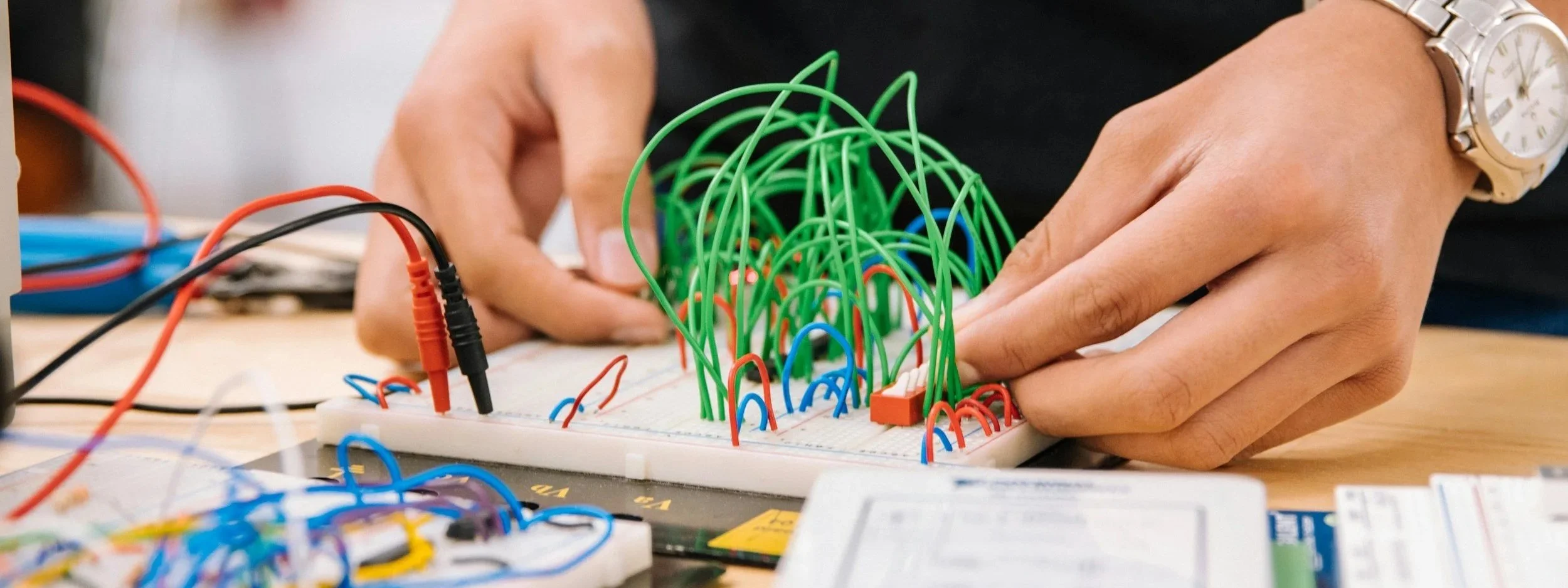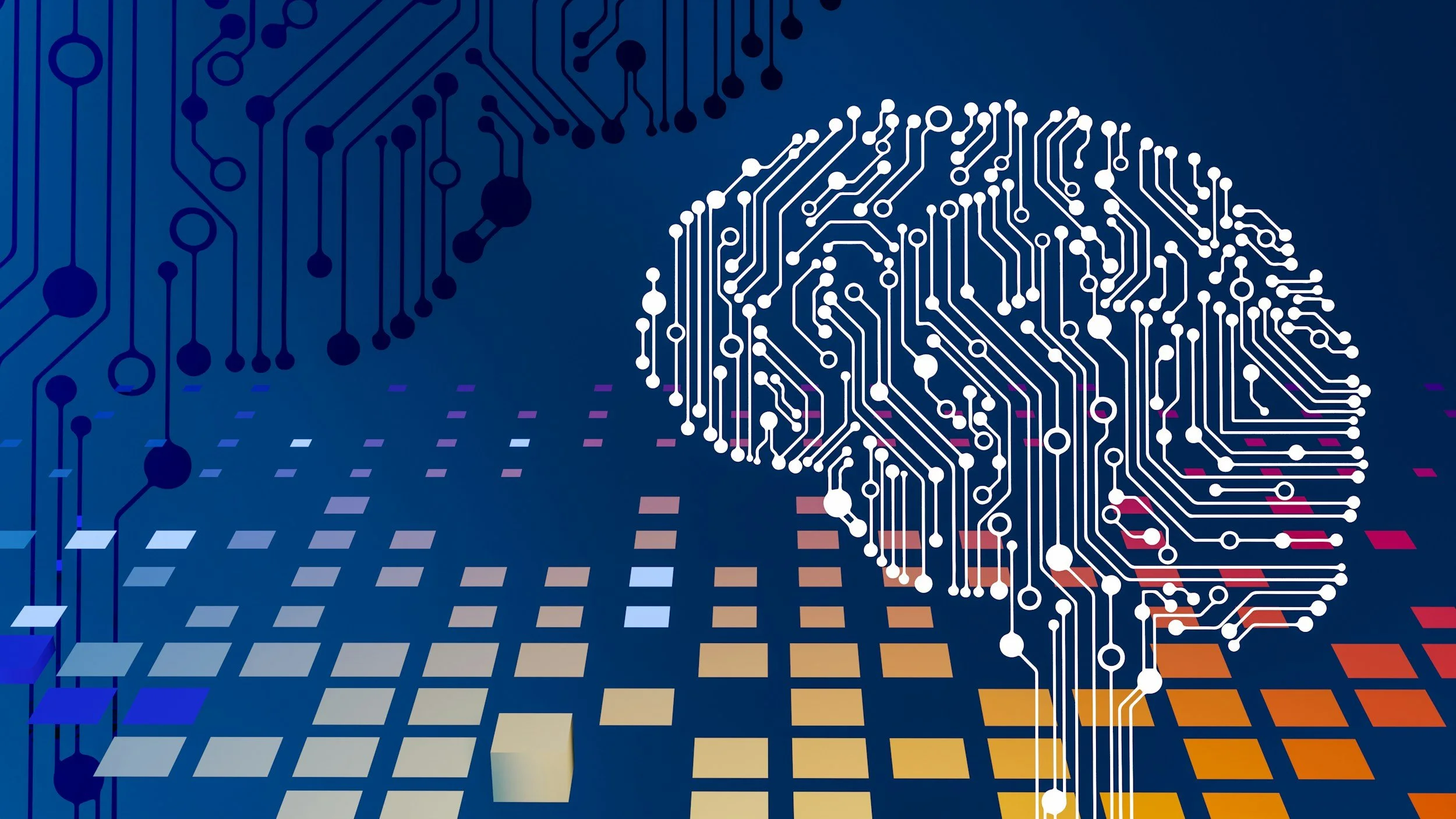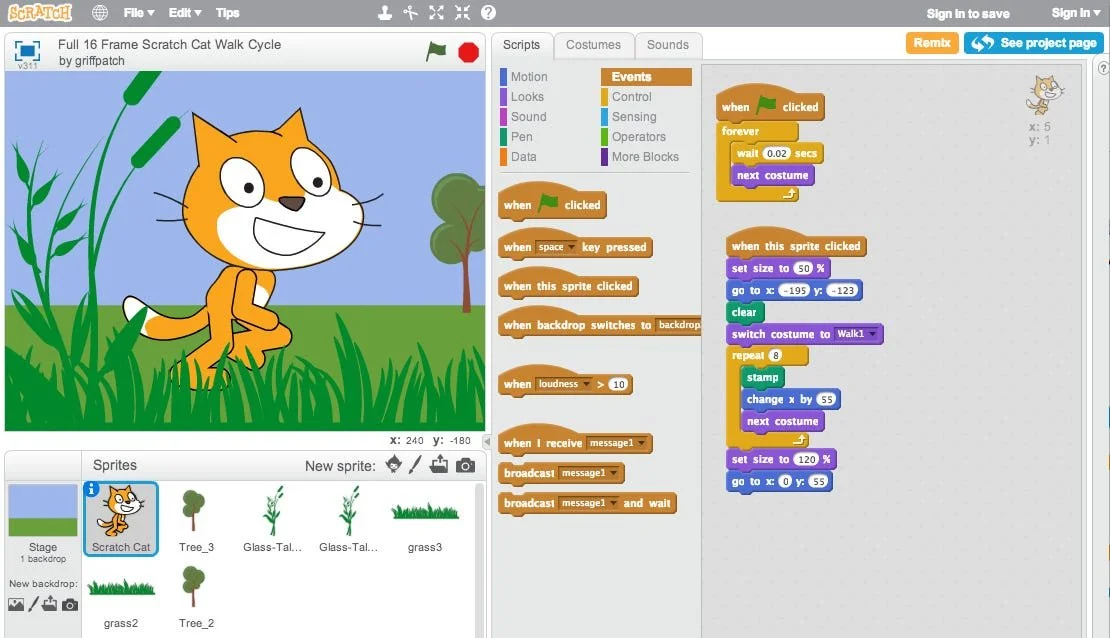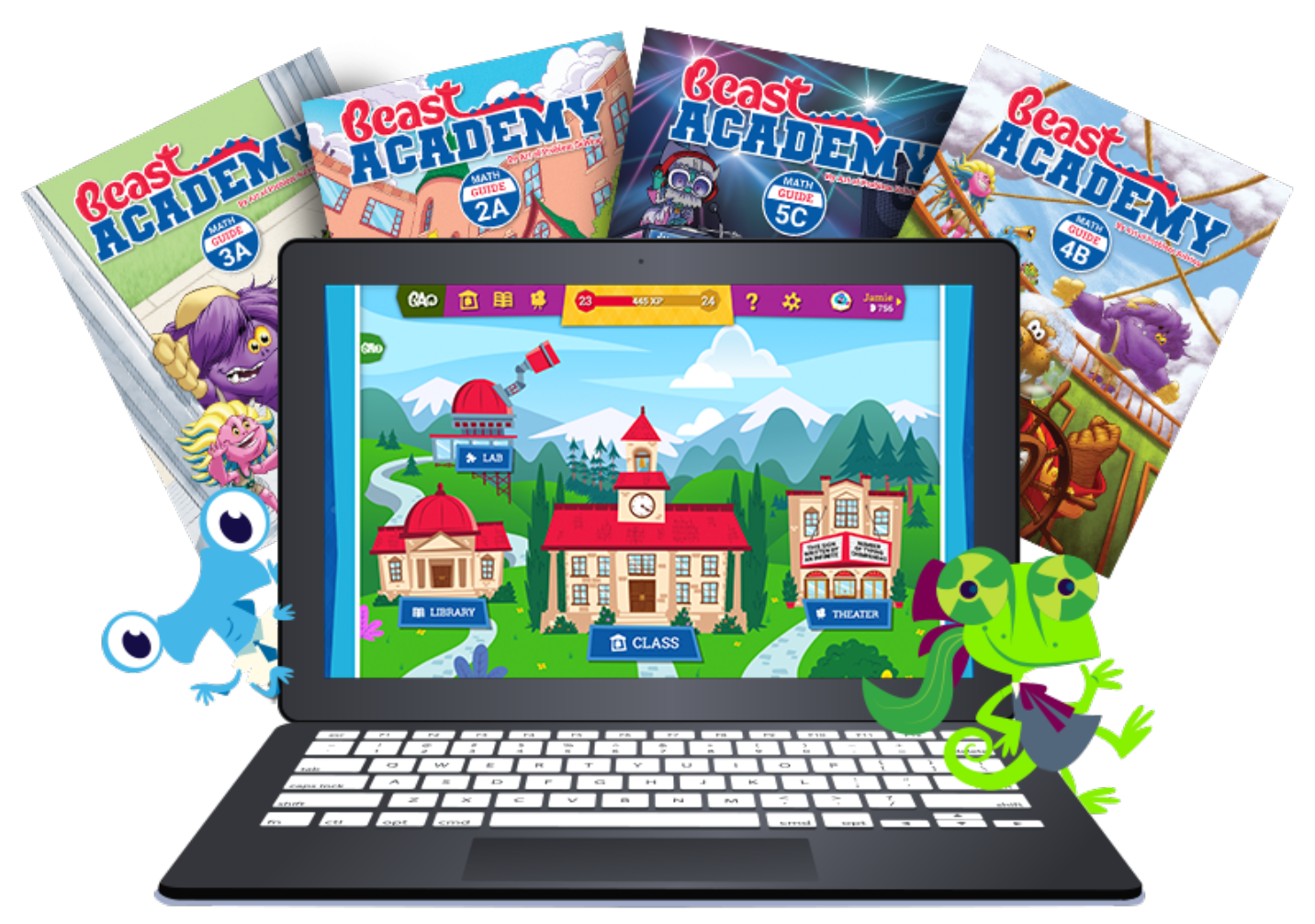
Our Classes
STEM programs for ages 4–15 — from Robotics and Coding to Math and 3D Design
Robotics and Coding
Ages: 5 - 14
75 minutes
Tue (HV) - 5 pm, 6:30 pm
Tue (KOP) - 4:30 pm, 6 pm
Wed (HV) - 5 pm, 6:30 pm
Sat (HV) - 11 am, 12:30 pm
Sun (HV) - 11 am, 12:30 pm
Huntingdon Valley
King of Prussia
$40 per class
$140 per month
Kids learn robotics and coding by building and programming LEGO robots with Mindstorms, WeDo, and Spike kits.
Arduino
Ages: 7 - 10
60 minutes
Thur - 5:50 pm, 7 pm
Huntingdon Valley
$45 per class
$160 per month
Students explore electronics and coding by building projects with Arduino boards and sensors.
Practical AI: Tools, Prompts, and Real-World Use
Ages: 9+
75 minutes
Fri - 5:30 pm
Start date: January 16
Huntingdon Valley
Online via Zoom
$200 per month
$550 per course
(3 months course)
A hands-on course on using modern AI responsibly for learning, work, and everyday tasks.
3D Modeling and Printing (Coming Soon)
Ages: 9 - 15
75 minutes
Wednesday (KOP) - 5:30 pm
Friday (HV) - 5:30 pm
Huntingdon Valley
King of Prussia
$200 per month
(3 months course)
Students learn to design 3D models on the computer and bring their creations to life with real 3D printing.
Coding in Scratch
Ages: 6 - 9
60 minutes
Wed - 5:30 pm
Sat - 11 am
Huntingdon Valley
$40 per class
$140 per month
Kids learn coding fundamentals by creating games and stories in Scratch’s fun, drag-and-drop environment.
Game Development
in Roblox Studio (Coming Soon)
Ages: 10 - 14
75 minutes
Mon (HV) - 5 pm
Thur (KOP) - 5 pm
Huntingdon Valley
King of Prussia
$200 per month
(3 months course)
Kids learn advanced coding and game design by creating their own worlds and games in Roblox Studio.
From Arcades to Roblox:
Game History (Coming Soon)
Ages: 9 - 15
75 minutes
Mon (HV) - 6:30 pm
Thur (KOP) - 6:30 pm
Huntingdon Valley
King of Prussia
$200 per month
(3 months course)
Students explore the history of video games, analyze classics, and learn why different types of games appeal to different players.
Build Your Own PC (Coming Soon)
Ages: 8 - 15
75 minutes
TBD
Huntingdon Valley
$1,200 for the 10 week course and computer
Students learn how each component works while building a complete PC they take home at the end.
Beast Academy Math
Ages: 5 - 10
60 minutes
Tue - 5:30 pm
Huntingdon Valley
$45 per class
$160 per month
Students master advanced math concepts through the Beast Academy curriculum.
Math and Robotics
Ages: 4 - 7
90 minutes
Sat - 9:15 am
Huntingdon Valley
$50 per class
$200 per month
Develop problem-solving and critical thinking skills while exploring numbers and shapes and building robots.
How It Works
Explore Classes
Browse programs by age and interest — from Robotics and Coding to Math and 3D Design.
Register Online
Choose the class that fits your schedule and sign up directly on our website.
Start Learning
Join weekly sessions where kids build projects, code, and grow STEM skills step by step.












